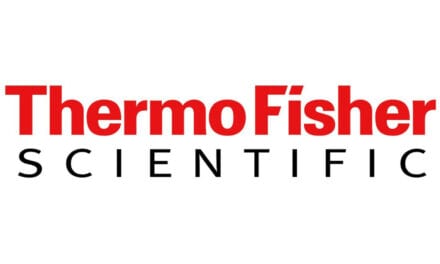Key Proteo, a proteomics diagnostics company specializing in the early identification of rare but treatable genetic disorders, has initiated plans to build a new CLIA-certified laboratory as part of its initial commercialization and growth strategy to enhance newborn screening programs.
The new larger facility and expanded scope of operations will allow Key Proteo to serve unaddressed newborn screening needs among public health laboratories, reference laboratories, hospital laboratories, and other providers associated with neonatal care, while maintaining dedicated lab operations for ongoing clinical research and other collaborative opportunities.
Based in Seattle, the new 5,000-square-foot facility will include the addition of a state-of-the art CLIA-certified clinical laboratory alongside Key Proteo’s corporate headquarters and dedicated clinical research facilities.
“Our new state-of-the-art CLIA-laboratory will allow us to bring critical, life-altering screening panels to market more quickly to help foster preemptive treatment for devastating but treatable genetic disorders in newborns,” says Mark Willig, Key Proteo’s president and CEO. “Additionally, it will enhance the capabilities of our service offerings that can be tailored to the specific needs of biopharma and research organizations conducting clinical research in support of global gene therapy development initiatives. Our initial focus is on newborn screening, and the novel technology can be adapted to screen for rare but treatable genetic disorders across other patient populations.”
Further reading: CLIA Lab Implements 3D Spatial Biology Platform for Digital Pathology
Buildout of the lab has commenced, and, upon launch, Key Proteo’s first newborn screening panel will target four treatable genetic orders including Wilson’s disease, Wiskott-Aldrich syndrome, X-linked a-y-globulinemia, and adenosine deaminase (ADA) deficiency. In parallel path, Key Proteo is pursuing FDA De Novo classification of an in vitro diagnostic (IVD) test kit for the same four disorders.
Photo: Key Proteo





